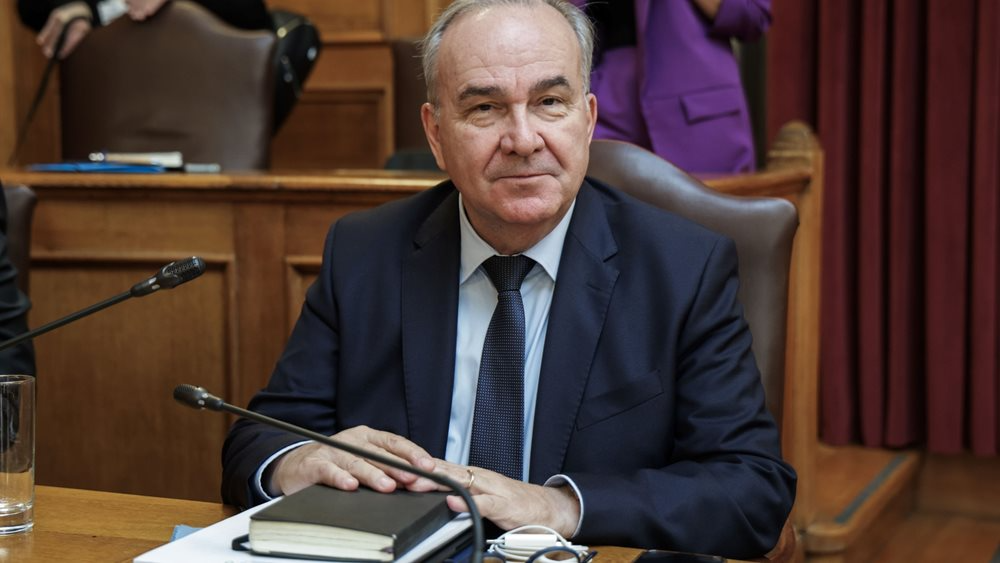
"Greece has nothing to do with the excessive deficit procedure, because it is the country that presents a fiscal picture that I would say is enviable in Europe," Deputy Minister of Economy and Finance Nikos Papathanasis said, closing the last meeting of the Finance Committee of the Parliament, which examined the 2025 State Budget.
"In July, eight countries entered the 'excessive deficit procedure'," Papathanasis said, noting that "the excessive deficit is a harbinger [. . ....] of enhanced surveillance. This means in practice that if a country enters this procedure, it will have to take measures, and if it fails, it will have to enter enhanced surveillance. Greece has nothing to do with this procedure, because Greece is the country that presents a fiscal picture that I would say is enviable in Europe, precisely because we manage to support both society and the economy with a measure so that we create jobs and increase disposable income: "We are the country with the largest debt reduction in relation to GDP in Europe in the medium-term planning."
According to the deputy minister, the 2025 budget comes to put into practice all the measures that have been announced during the pre-election period. "From the very first moment, after taking office, after the elections, we implemented almost 50% of the program, and we are now coming to accelerate to implement our entire pre-election program, and of course it includes everything that was presented at the Thessaloniki International Fair. All the measures. In essence, they bring additional fiscal costs in 2025, compared to 2024, 1.1 billion euros," Papathanasis said, noting that, among other things, we have an increase in the public investment program "because we have increased revenues, tax revenues, without increasing taxes, reducing taxes, precisely because we have properly managed the resources and especially the resources of the Recovery Fund to achieve growth, which brings jobs and jobs and of course brings increased revenues. So, for the first time in the last 15 years, we have a record public investment program of 13.5 billion euros," he added.
Referring to support for entrepreneurship and the debate on whether the Recovery Fund is for the many or the few, he noted: "We have repeatedly and in the public debate presented exactly what the Recovery Fund does. There are two strands: the grant strand, that is, taking funds that we will not give back, and the loan strand, where we support entrepreneurship with low-interest loans."
As the Deputy Minister of National Economy and Finance said, it is not only on this point that we are supporting entrepreneurship in terms of loans. "We also have the Hellenic Development Bank, through which we invest and support small and medium-sized entrepreneurship, thus expanding the perimeter of businesses that have access to the banking sector, by supporting businesses either with the guarantee we provide for loans up to 80% or with a subsidized interest rate where one will not pay interest on 40% of the capital and 60% will be subsidized by three percentage points for three years. . . .] Among the tools we have is the fair development transition plan: we had a large number of "And the programme is running in record time, because the lignite production and the problems and the impairment that essentially started in 2010 did not receive the proper attention until 2019, when for the first time the Greek Prime Minister, Kyriakos Mitsotakis, turned his attention to what is called de-lignification."






